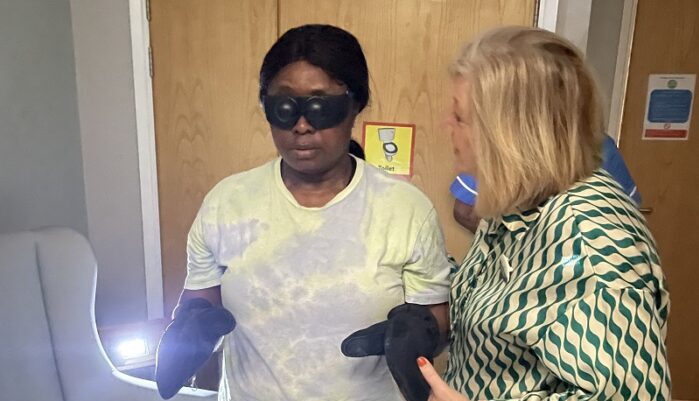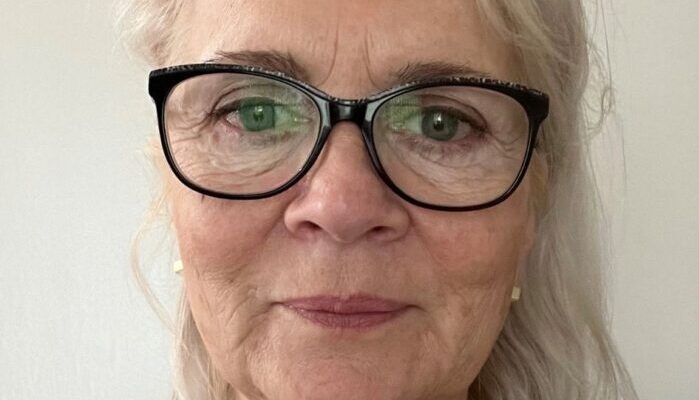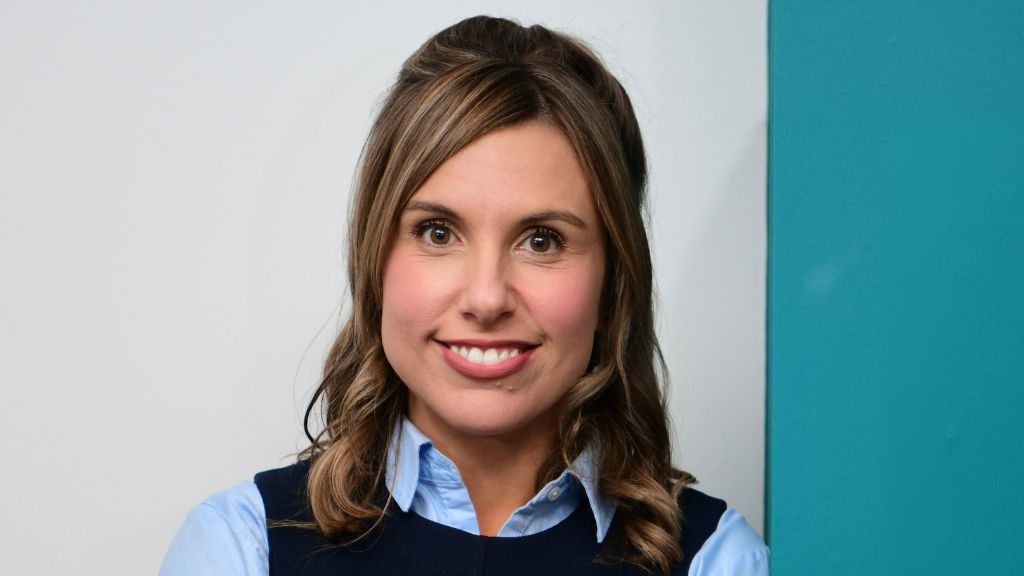Technology and Innovation Theatre at Residential and Home Care theatre – Day One roundup
Caring Times editor Anna Dobbie hosted the Technology and Innovation Theatre at the Residential and Home Care Show. Here is a roundup of the key insights from the first day of the event.

The day opened with Person Centred Software founder Jonathan Papworth giving his opinions on what a joined-up health and social care system means for the future of care. Not only is there a government commitment to enable the digital sharing of information across health and social care, but the entire sector is also expected to go digital by 2024. With over 200 care homes already connected with the GP records for their residents and care homes sending their Red Bag information digitally to ambulance crews and hospitals, the benefits of digitally connected social and health care are indisputable.
“Everything about interconnectivity is NHS, NHS, NHS” said Papworth, going on to point out how much bigger the social care sector is. “We’re banging the drum. What does a joined-up system mean for the future of care? It saves lives!”
Next up, Birdie product director Jo Barlow led a panel on the importance of a tech-enabled approach to early intervention in social care. She explained how actionable insights can directly impact the cost and quality of healthcare delivery, focussing on a partnership with Fosse Healthcare, Nottingham and Nottinghamshire CCG and Newark Primary Care Network that improves the link between GPs and carers.
Fosse Healthcare chief executive Volt Sacco said that “clients feel happy, reassured and safe which for me is really what we’re trying to do with this project, an extension of a GP practice.”
Smart Care head of operations Laurin Müller discussed how using technology can enhance the quality of care and support care teams. “Care professionals are facing a need for better care support using digital technologies,” Müller said.
To succeed, he said it is important to determine the exact scope of use, ensure it has security compliance, involve staff to meet their needs, use standalone products where needed, optimise workflow integrations, constantly check on user acceptance, and ensure system and data interoperability while enhancing remote services and implementing national and legal strategies.
Sona co-founder Oli Johnson asked the audience to rethink retention and how technology can boost staff happiness and wellbeing. With 44% of social care employees considering changing their jobs this year and 32% of those considering leaving the industry altogether, Johnson encouraged care organisations to rethink their approach to retention given the squeezed labour market and competition from other industries.
Looking at the factors that affect retention, 63% of staff surveyed cited relationships with residents and patients, with 62% mentioning salary and more flexible schedules respectively. Looking at flexibility, he felt that self-scheduling was a solution.
“Turn saying thanks into a habit,” he added, “more recognition from management would change how staff feel about their employer. I think care staff have been not thanked enough forever, but I think it’s more important now – by removing these obstacles, we can have a huge positive impact on staff care and wellbeing.”
Colin Jarvis, head of product and data at everyLIFE Technologies explored the potential importance of Artificial Intelligence and Machine Learning in improving care outcomes. He said that innovation takes two – people need to be caring, empathetic and creative while tech has to be fast, efficient and logical – and the challenge is putting “the right information into the hands of the right people”, helping care professionals make more informed decisions.

National Care Forum (NCF) chief executive Vic Rayner discussed how to use digital solutions to address workforce management. “All predictions suggest that we need a huge deal more in terms of employees in the workforce –if we want to improve and enhance the quality of care, there is a massive pressure to bring people into the social care workforce.” NCF digital transformation lead Adam Hunt talked about the digital skills passport and the adult social care workforce dataset, adding “this is the future and this is just the start of that journey”.
In the next session, Access Group business development manager Martin Lowthian explored the impact of the key metrics pulled together by care management software on the people it supports. He discussed the benefit of ‘digital nag’ allowing staff to respond promptly and the benefit of having all information about a client in one place for overall visibility: “You can show a digital audit much easier than lever arch folder.”
A rowdy debate, titled “This house believes that the best way forward for social care is innovation through digital transformation”, saw the stage come alive, with CarePlanner marketing executive Lorcán Murray and IHSCM director of social care Adam Purnell putting up a convincing argument against the statement.
InvictIQ founder and director Sanghamitra Chakravarty was on the side of tech and said that the adversity of the pandemic had opened new doors for digital, reformation and anti-carbonation, with “SciFi fast becoming SciFact” and Serene Care director and founder Jay Dodhia questioned how digital burnout could be stopped without tools.
Murray argued the semantics of the title, saying that digital is a top-down process by definition, and that ‘best means primary’ when objectives should come first and tech second, pointing to Covid-19 being more transformative than all the social care whitepapers of recent years. “Carers are the truly transformative element of the sector,” he added.
Purnell said that innovation came from people, not tech: “If we forget about people we are supporting, people die in care with a poor experience because we were too focussed on the end game. I want to learn from people, I want tech to be replicating not transforming – don’t want it to take away stuff we love – you are not computers, you are people, and innovation comes from your heart. Digital is essential, heart is more important.
Unsurprisingly on the tech stage, the final vote went for the best way forward for social care as innovation through digital transformation (but by a smaller majority than the initial vote).

The final session of the day saw a video demonstration by Anglian Care chief operating officer Charles Cross and Moonhub head of marketing and communications Karim ElSayed, presenting their new Virtual Reality Dementia training course co-curated with Professor Claire Surr.
The software aims to give carers the experience of what they will have to do while working in a care home, before they are put in an environment with lots of risks. Cross said that “too often social care has solutions told to it, as opposed to tailored to it”.
“VR is the present,” concluded ElSayed.



